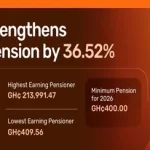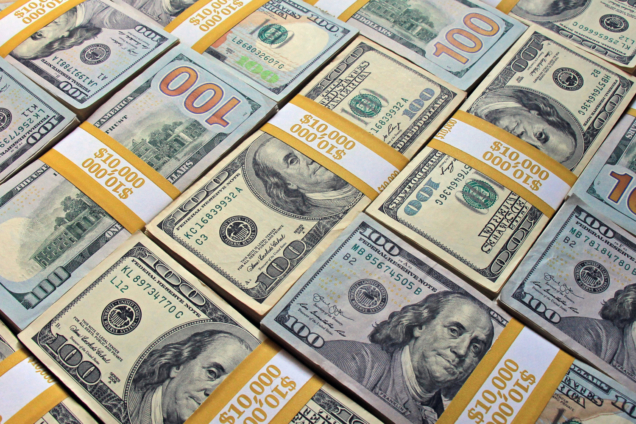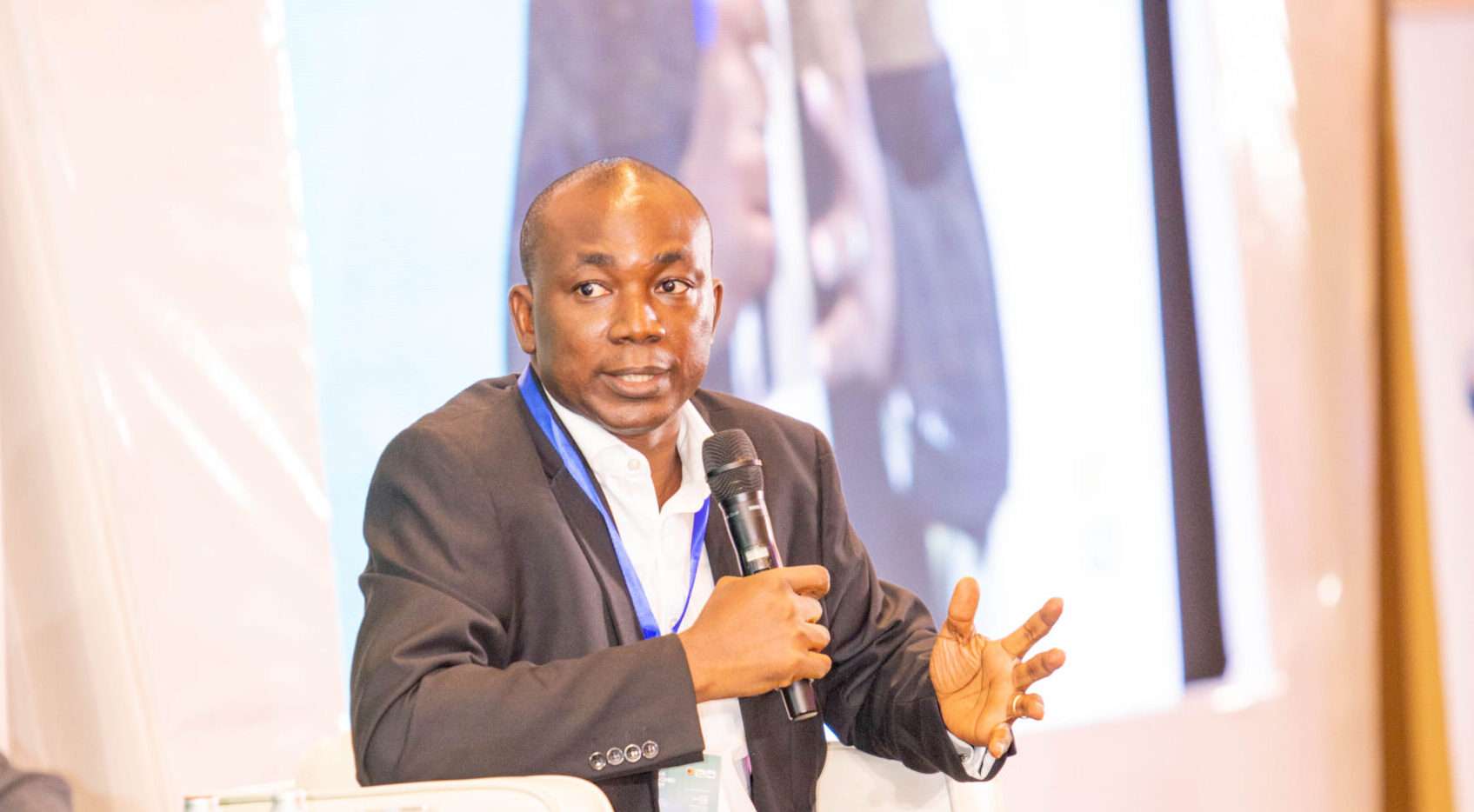The Bank of Ghana (BoG) has admonished the public to eschew panic withdrawal as the supply of money is enough to meet demands.
The advice comes in the wake of the coronavirus pandemic populace. Ghana has recorded six cases and the Ghana Health Service is tracking others for possible infections.
Demand for money may have been informed by the BoG’s perception that the virus could trigger panic withdrawals. Already, there is a shortage of hand sanitzers in Ghana while the president’s ban on public gatherings is triggering discussions on social media for Ghanaians to prepare for the worst. Accross Europe, Ghanaians have been exposed to a raid in markets for essential items as hoarding continues.
In issuing directives to commercial banks and other financial institutions to activate measures to meet current circumstances, the BoG has also cautioned the public against panic withdrawals.
‘The general public is strongly advised to refrain from panic withdrawals. Banks and Specialised Deposit-taking Institutions, shall remain open to offer services to customers,” the apex bank said in a statement.
The crisis has resulted in deaths, approximately 7,000 with over 170,000 infections globally. Several countries are making frantic efforts to tackle the spread and also address the economic consequencies.
Ghana has recorded six cases with scores being tracked by the Ghana Health Service for possible infections.
The US and the UK have cut their rates to free up money for the people.
Below is the full statement from the BoG:
The Bank of Ghana has been following the news and developments of the outbreak of the COVID-19 Pandemic.
Not only has the life-threatening nature and rapid transmission of this disease been felt globally, but its significant impact on the global economy is also being felt, especially in advanced economies. Central banks in these jurisdictions have taken measures to mitigate the negative effect of the Pandemic.
The Bank of Ghana continues to assess the possible impact of the Pandemic on the domestic economy. It is taking the necessary steps to mitigate its effects, to ensure financial and economic stability. The Bank’s Monetary Policy Committee is scheduled to meet from Wednesday, 18th March 2020 to Friday, 20th March 2020.
The Committee’s assessment of the situation and interventions shall be communicated accordingly on Monday, 23rd March 2020.
In the interim, all Banks, Savings and Loans Companies, Finance Houses, Microfinance Institutions, Rural and Community Banks and Foreign Exchange Bureaux, are directed as follows:
1. To activate their business continuity and disaster recovery plans proportionate to the current circumstance and to review these plans as the situation changes.
2. To abide by the public notices and advisory issued by the Government of Ghana, the Ministry of Health, the Ghana Health Service and other relevant authorities, in relation to the COVID-19 Pandemic.
3. To enhance protective and safety procedures for all Staff namely:
Ensure that all Banking Halls, Automated Teller Machines (ATMs), Counting Machines and other relevant equipment are sanitised on a regular basis;
Ensure that Staff and Customers comply with the social distancing practice;
Ensure that critical and front-line staff are provided with protective equipment and gear, for example, gloves, face masks, etc.;
Provide hand sanitising dispensers at entry and other vantage points.
4. To ensure all electronic channels are fully functional at all times and ATMs do not run out of cash.
The General Public is strongly advised to refrain from panic withdrawals. Banks and Specialised Deposit-taking Institutions, shall remain open to offer services to Customers.
The Bank of Ghana will continue to monitor developments in relation to the economic impact of the COVID-19 Pandemic.
The Bank wishes to assure all its Stakeholders that it remains committed to its mandate and will take the necessary measures and interventions to mitigate the economic impact of the current situation, to ensure financial and economic stability.
















